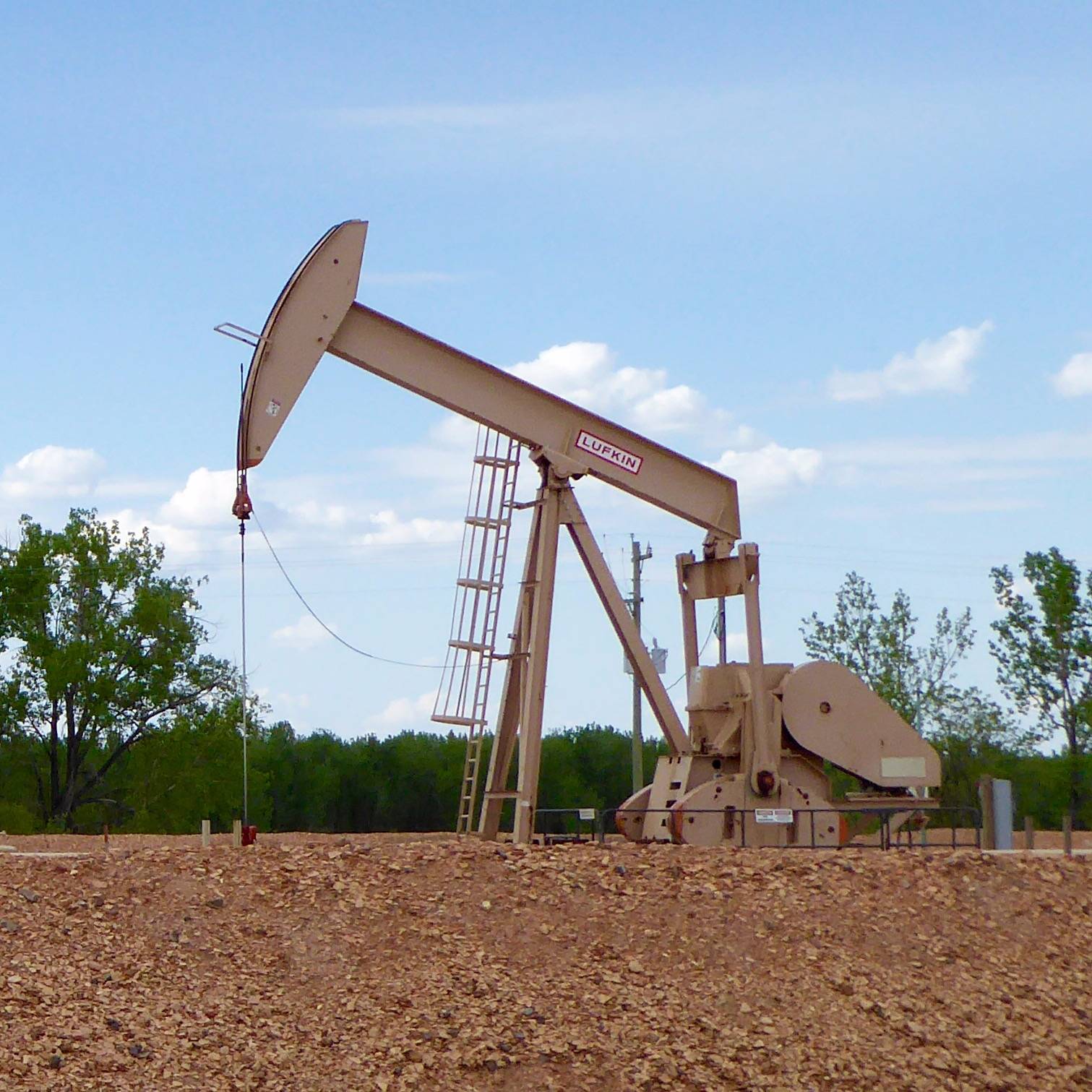Project: Escaping the Resource Curse
Leveraging the benefits of energy development for rural prosperity
 Unconventional oil and gas development is expanding rapidly in the United States,
transforming rural landscapes at a rapid pace. Although dramatic surges in local economic
activity is expected, research suggests that energy development can too often divert
rather than accelerate the trajectory of rural places toward enhanced well-being (Freudenburg,
1992; James and Aadland, 2011; Headwaters Economics, 2011; Papyrakis and Gerlagh,
2007). This research project seeks to develop research-informed extension solutions
focused on the economic impacts of oil and gas drilling for rural communities and
agricultural stakeholders.
Unconventional oil and gas development is expanding rapidly in the United States,
transforming rural landscapes at a rapid pace. Although dramatic surges in local economic
activity is expected, research suggests that energy development can too often divert
rather than accelerate the trajectory of rural places toward enhanced well-being (Freudenburg,
1992; James and Aadland, 2011; Headwaters Economics, 2011; Papyrakis and Gerlagh,
2007). This research project seeks to develop research-informed extension solutions
focused on the economic impacts of oil and gas drilling for rural communities and
agricultural stakeholders.
This research project intends to evaluate developments at a local level that gets to the root of whether oil and gas development has long term positive or negative effects or not, and more precisely just what those effects might be. The research seeks to innovate a new conceptual framework for thinking about costs and benefits by conducting original research in three shale development areas; the Marcellus (Pennsylvania), Bakken (North Dakota & Montana), and the Powder River Basin (Wyoming).
Research Objectives:
- To evaluate how rural communities and local stakeholders in agriculture assess the costs and benefits of shale and coal-bed gas development
- To identify the local share of the economic costs and benefits of oil and gas
Currently there is little economic research that explains how landowners, farmers and local businesses respond to local energy development.
Data collection will be in the form of mail surveys to landowners and business owners within one selected county in each state (PA, WY, ND, MT) and semi-structured interviews with landowners, business owners, industry and local government in selected case-study communities.
This project is funded by the United States Department of Agriculture (USDA) through an Agriculture and Food Research Initiative (AFRI) competitive grant and will conclude in 2017.
Publications from this Project:
In press. Smith, K. K. & J. H. Haggerty, “Governance Responses to the Bakken Boom as Infrastructure Boom: A Regional Landowner Organization Example.” Whitton, Cotton & Brasier, eds. Governing Shale Gas.
In press. Bills, K. &J. H. Haggerty, “Governing Unconventional Legacies: Lessons from the Coalbed Methane Boom in Wyoming.” Whitton, Cotton & Brasier, eds. Governing Shale Gas.
2018. Haggerty, J. H., Smith, K. K., Mastel, T., Assessing, Monitoring, and Mitigating Energy Boomtown Impacts in the U.S.: Evaluating a Public Health Model. Impact Assessment and Project Appraisal. 36(1): 115-127.
References
Freudenburg, W. R. 1992. Addictive Economies: Extractive Industries and Vulnerable Localities in a Changing World Economy. Rural Sociology 57(3): 305-322.
Headwaters Economics. 2011. Fossil Fuel Extraction and Western Economies.
James, A. and D. Aadland. 2011. The Curse of Natural Resources: An Empirical Investigation of U.S. Counties. Resource & Energy Economics 33(2): 440-453.
Papyrakis, E. and R. Gerlagh. 2007. Resource Abundance and Economic Growth in the United States. European Economic Review 51(4): 1011-1039.
